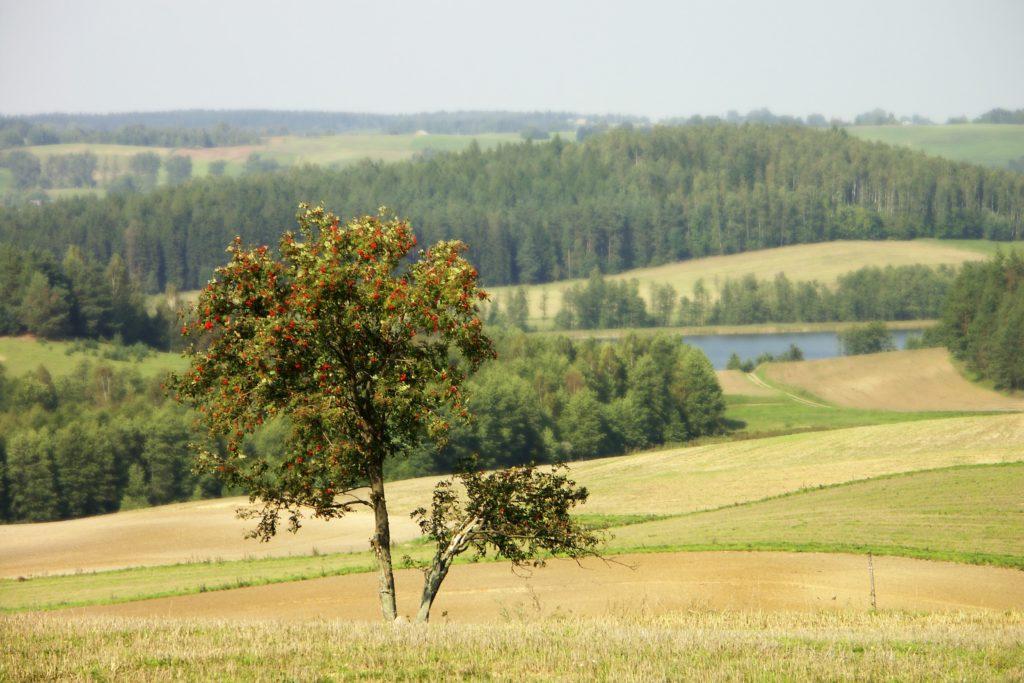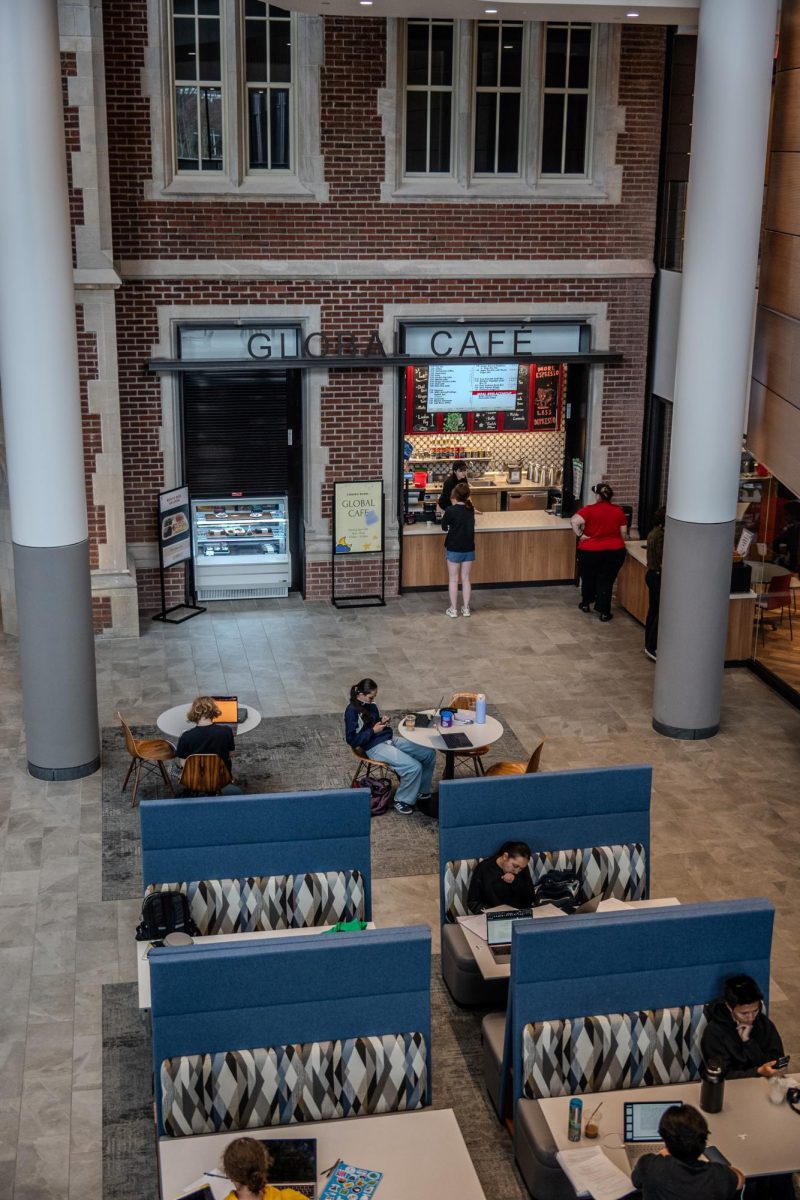
Grinnell’s Center for Prairie Studies is showing the French film “Demain” or “Tomorrow” this Sunday afternoon at 4 p.m. at The Strand. The event will be free to attend and is open to the public.
Professor Gwenola Caradec, French, a member of the Prairie Studies board, and Professor Jon Andelson ’70, Director of the Center for Prairie Studies, helped organize the event, along with a variety of other events promoting environmental awareness this month.
Caradec first heard of the film and loved it because of its uniquely positive message on the future of the global climate. The film focuses on concrete success stories and solutions to environmental problems around the world.
“When you talk about questions of the environment, it can put you down,” she said. “We are faced with the Anthropocene, and a lot of times the narrative is very cataclysmic. The film tries to reverse that narrative and inspire hope rather than fear.”
The two-hour long documentary was also chosen, Andelson said, because it connects with the Center’s mission and complements an Iowa-based ecologist and author, Cornelia Mutel, whom the Center will be hosting to lead a talk called “Communicating Climate Change, Composing Hope,” in JRC 101 on Tuesday at 7:30 p.m.
“Even though it is a film about global climate change and the efforts to solve it, it complements our speaker because climate change is a global issue,” Andelson said, “and we want people to be aware that it takes place everywhere, even in Iowa.”
The film is multilingual, taking place in Denmark, Iceland, and eight other countries. It includes environmental activists and success stories such as the Detroit urban farming movement, Copenhagen citizens and representatives, members of the Business Alliance for Local Living Economies located in Oakland, CA, and the people of the Kitchenware Revolution in Iceland.
“Quite a big chunk of it is in English,” Caradec assured, “and the parts that aren’t are subtitled.” She stated “Demain” was received very positively in France, and at the time of writing was The New York Times Critic’s Pick.
“It won the 2016 César for Best Imagery, the French equivalent of the Oscars,” she continued, “and they showed it at the UN. People like it so much they try to bring it to different communities.”
In addition to the Center for Prairie Studies, the Cultural Films Committee, Environmental Studies concentration, French and Arabic department, Institute for Global Engagement and the Office of Community Enhancement and Engagement also helped to sponsor this event.





















































